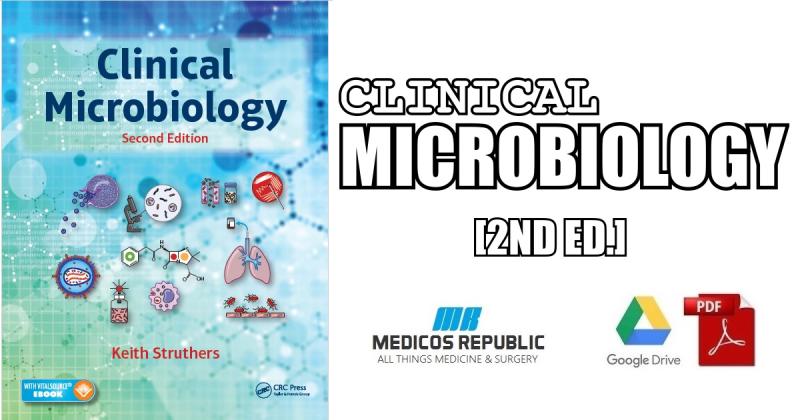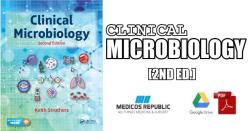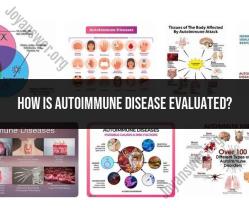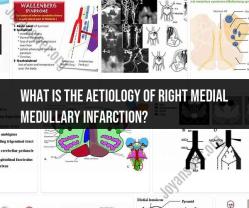What is Clinical Microbiology?
Clinical microbiology is a branch of microbiology that focuses on the diagnosis, treatment, and prevention of infectious diseases in humans. It involves the study of microorganisms and their impact on human health, particularly in a medical context. Clinical microbiologists work in laboratories, hospitals, and healthcare settings, using various techniques to identify and study microorganisms that cause diseases.
Key aspects of clinical microbiology include:
Identification of Pathogens: Clinical microbiologists isolate, culture, and identify microorganisms, such as bacteria, viruses, fungi, and parasites, from patient samples (such as blood, urine, swabs, or tissues) to determine the cause of infections.
Antibiotic Sensitivity Testing: They perform tests to determine the most effective antibiotics for treating infections by assessing the susceptibility of pathogens to different antimicrobial agents.
Disease Diagnosis: Clinical microbiologists play a crucial role in diagnosing infectious diseases by identifying specific pathogens responsible for an illness, which helps healthcare providers in proper treatment decisions.
Epidemiological Surveillance: They monitor and track the spread of infectious diseases within communities or healthcare settings to prevent outbreaks and implement appropriate control measures.
Research and Development: Clinical microbiologists contribute to research aimed at understanding the mechanisms of microbial infections, developing new diagnostic methods, and discovering novel treatments or vaccines for infectious diseases.
Quality Control and Assurance: They ensure the accuracy and reliability of laboratory tests and procedures, maintaining high standards of quality and safety in microbiology laboratories.
Clinical microbiology is integral to modern medicine, playing a vital role in patient care, public health, and the development of strategies to combat infectious diseases. Advances in this field continually improve our understanding of pathogens, leading to better diagnostic methods, more effective treatments, and preventive measures against infectious diseases.
What does Clinical Microbiology encompass in the field of healthcare?
In the realm of healthcare, Clinical Microbiology plays a vital role in diagnosing, preventing, and treating infectious diseases. It encompasses a vast and diverse array of activities, all focused on identifying and understanding the microorganisms that cause harm to humans. Here's a breakdown of its key areas:
1. Diagnosis of Infections:
- Microbiological testing: This forms the backbone of diagnosis, involving the isolation and identification of pathogens (harmful microorganisms) from various specimens like blood, urine, sputum, or tissue samples.
- Antimicrobial susceptibility testing: Determining the effectiveness of different antibiotics against the identified pathogen is crucial for guiding appropriate treatment regimens.
- Molecular diagnostics: Techniques like PCR and rapid antigen tests provide faster and more specific identification of pathogens, especially for critical illnesses.
2. Surveillance and Prevention of Infections:
- Outbreak investigation: Clinical microbiologists analyze data and patterns to identify the source and transmission of infectious outbreaks within healthcare settings or communities.
- Antimicrobial stewardship: This program promotes the judicious use of antibiotics to combat the growing threat of antibiotic resistance.
- Infection control practices: Microbiological expertise informs guidelines for hygiene, sterilization, and isolation protocols to prevent the spread of pathogens.
3. Research and Development in Infectious Diseases:
- Development of new diagnostic tools and tests: Research efforts continuously improve the accuracy, speed, and affordability of diagnosis for emerging and existing infectious diseases.
- Antibiotic discovery and development: Clinical microbiologists collaborate with researchers to identify and develop new antibiotics against resistant pathogens.
- Understanding of microbial pathogenesis: Studying the mechanisms by which microbes cause disease leads to improved diagnostics, treatments, and preventative strategies.
Impact on Healthcare:
Clinical Microbiology plays a critical role in patient care by:
- Enabling accurate and timely diagnosis of infections, leading to faster and more effective treatment.
- Guiding appropriate antibiotic therapy, thereby minimizing unnecessary use and reducing the risk of resistance.
- Contributing to outbreak control measures, protecting both patients and healthcare workers.
- Informing public health initiatives for infection prevention and control.
Overall, Clinical Microbiology is a dynamic and constantly evolving field at the forefront of fighting infectious diseases. Its contributions are essential for patient safety, public health, and advancements in our understanding and management of the microbial world.
I hope this comprehensive overview helps you appreciate the diverse and impactful role of Clinical Microbiology in healthcare! If you have any further questions about specific aspects or applications of this field, feel free to ask.






